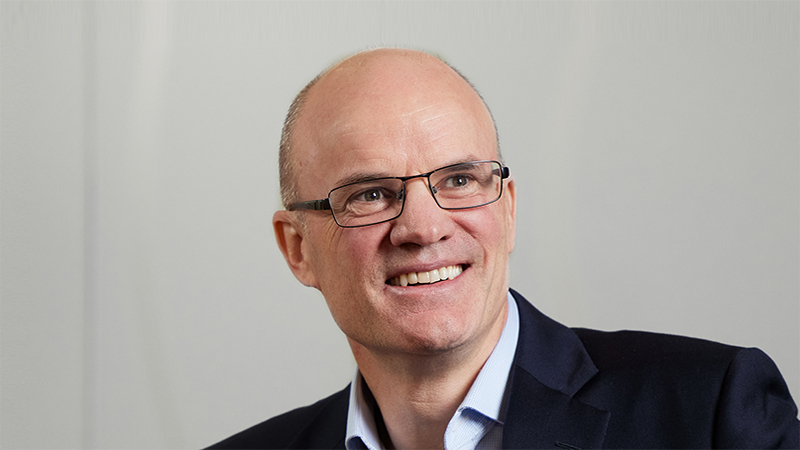Confession time: I’m one of the public that the industry despairs about – I save pretty much only for short-term needs, delayed investing for retirement until very recently and find myself put off by the thought of paying for advice.
RDR comes into force at the start of 2013 and, with it, the need for advisers to start charging a fee for their services. With the clock ticking, the industry has to finally convince me and the rest of the public that financial advice is worth paying for.
The FSA recently released selected parts of its research into how advisers expect to serve the mass market after the review bans commission payments from product providers.
The regulator’s survey showed 63% of advisers hope to retain clients with savings and investments of between £20,000 and £75,000, while 38% say they will help those with less than £20,000. FSA head of investment intermediaries Linda Woodall told The Sunday Times the watchdog is “encouraged” that a large part of the advisory community intend to service those with smaller investment pots.
So far, so good? I’m doubtful that the FSA’s figures are as positive for the post-RDR world as the regulator would suggest.
Convincing the mass market to pay
To my mind, there was never any doubt that the mass market would have advisers willing to provide their services for a fee. Common sense suggests businesses will fill a gap in the market and the segment of clients with between £20,000 and £75,000 to invest is just too big to ignore.
More important to the debate is how much, if anything, these investors are willing to pay – and that’s why recent research by BlackRock caught my eye.
In its Investor Horizons Survey, the asset manager polled more than 2,000 people in the UK to determine their attitudes to adviser charging, retirement saving and a whole host of other issues. The findings make unsettling reading.
Just 35% of respondents said they would be willing to pay a fee to their financial adviser. The survey also suggested that having to pay for financial advice will come as a shock to large parts of the market, as 68% do not know if they have paid an adviser for any products they currently own.
BlackRock also asked what factors would encourage people to pay for advice. Some 27% said confidence that advice is fully independent, 21% cited an open, transparent charging structure and another 21% want suitably qualified advisers. These all fit into the aims of RDR.
Worryingly, however, more than half of respondents said nothing would prompt them to pay a fee to advisers.
Education, education, education
How do we get by this? RDR certainly isn’t going away and the new rules on adviser charging come into force on 31 December – that’s less than six weeks’ time. Advisers, product providers and clients have to find a way to work within this system.
Nor can we expect advisers to lower their fees to what the public thinks it should pay. BlackRock found the average consumer is willing to stump up just £42 an hour for financial advice.
Standard Life recently cited some ABI research which showed the average investor thinks only their initial meeting with an adviser and the presentation of their recommendations are worth paying for. That’s about 2.5 hours of the total 10 to 12 hours spent on the average financial advice process.
Put the two pieces of research next to each other and we can estimate that the average UK investor wants to pay their adviser just £105 for a day-and-a-half of work. Advisers can’t be expected to meet this and stay in business.
So it comes down to the customer – those people like me who always find something other than financial advice to spend their money on. Advisers and product providers need to boost efforts to stress the importance of seeking advice and preparing for retirement. It could be argued that they should have embarked on this a long time ago – we’ve known about RDR for five years now.
Even simple facts make a convincing case. At 25, you need to save £360 a month to retire on £27,000 a year. But wait until 45 and that shoots up to £1,330 a month. If we could get figures like this more widely known, more people would recognise that paying for advice now will reap rewards years down the line.
But is it all doom and gloom just six weeks before RDR comes into force? Not really. At least one member of the public has had a change of mind after being hit with a few disturbing facts and figures. The money I’ve been squirrelling away for a nice, shiney iPad, that’ll be going on some financial advice. Let’s hope more people follow me.










